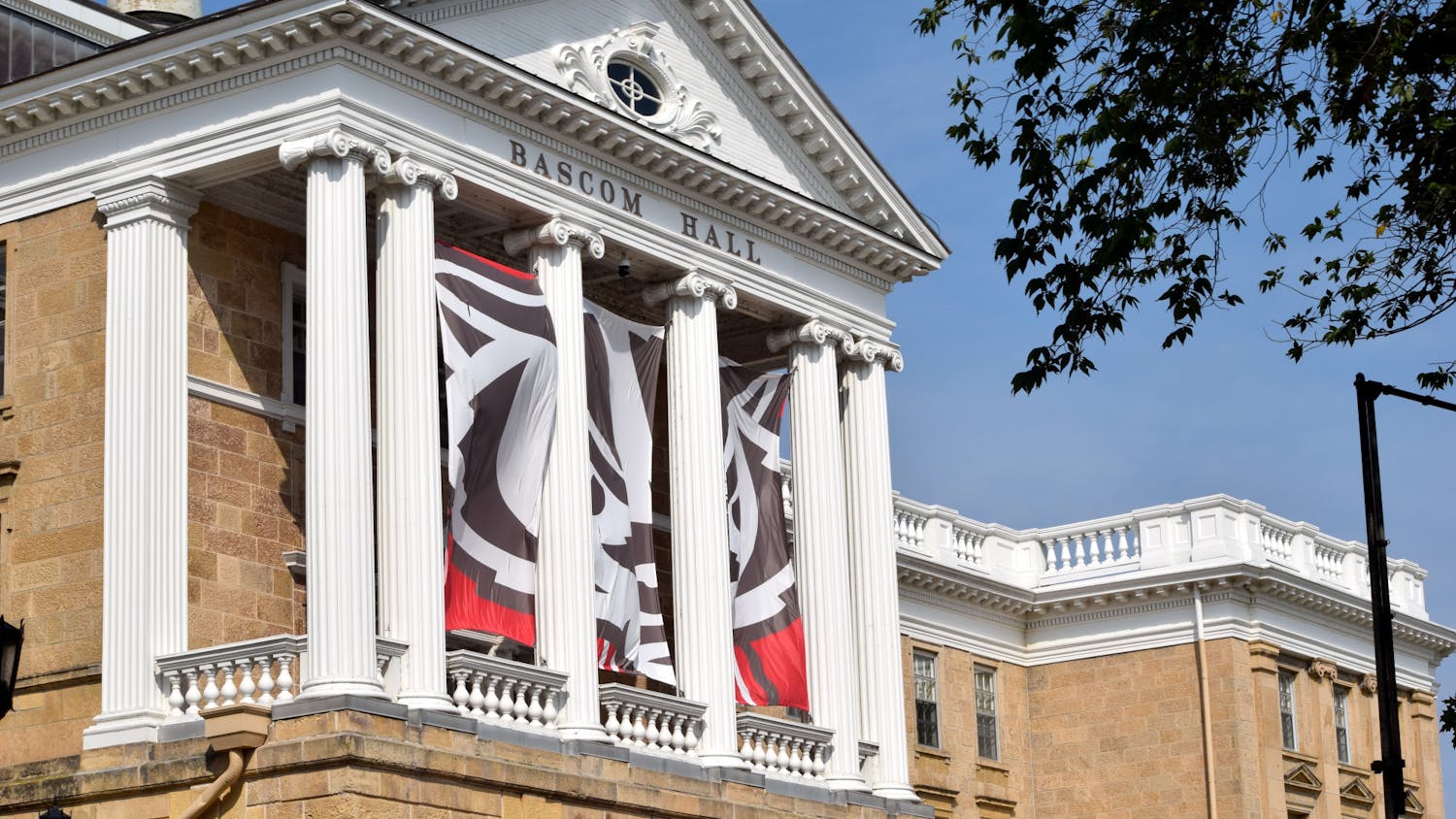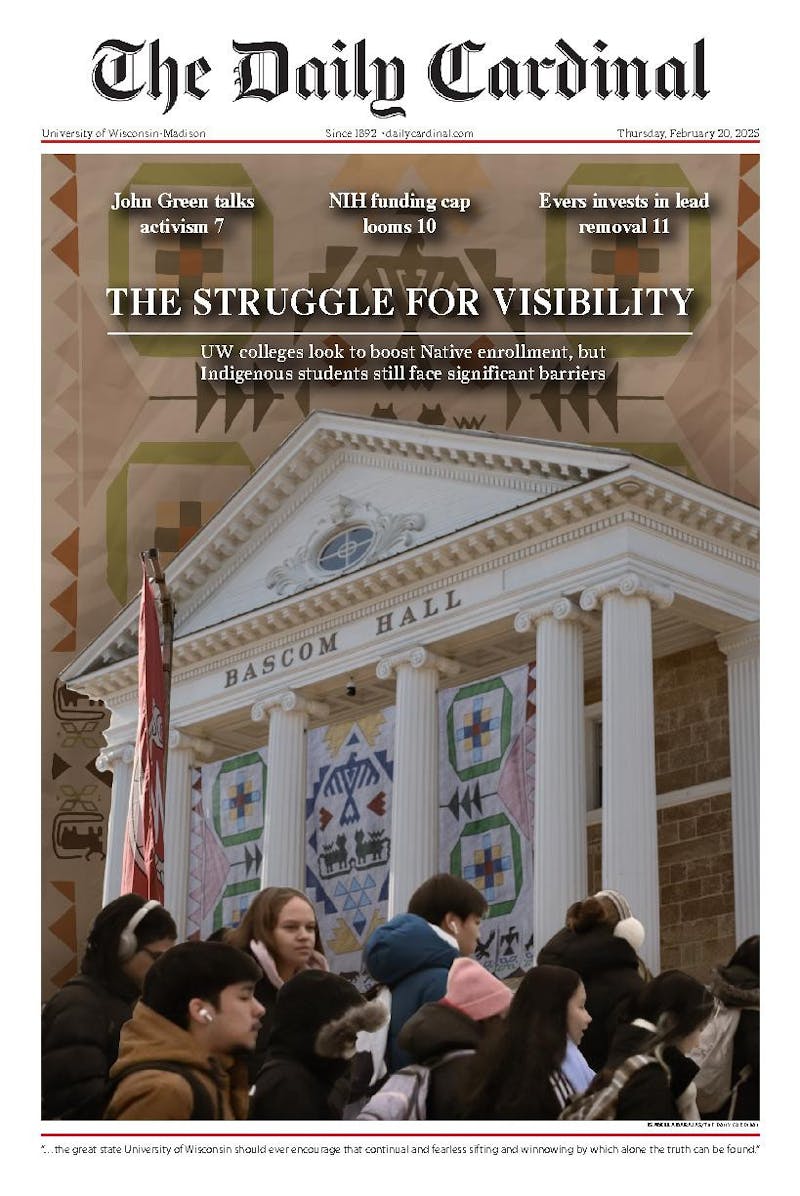As Australia was engulfed in flames, the Internet promptly started digging for content — ways that us folks not Down Under could help, heartbreaking images of kangaroos amidst the blaze, videos of koalas holding volunteers hands, and an assortment of commentary on philanthropy methods. The Naked Philanthropist took Twitter by storm, Elton John and Chris Hemsworth reached for their pockets — donating $1 million each — even Metallica got in on the action.
However, this uptick in donations led to others being criticized for their giving, or lack thereof — notably Amazon tycoon Jeff Bezos — falling to the recent phenomena of holding the uber-rich accountable, coined ‘philanthro-shaming.’ Amazon’s donation of $690,000 is equivalent to Bezos’s earnings… of 5 minutes, according to Market Watch.
While the rest of us common folk may spend this time listening to 90 percent of “Bohemian Rhapsody,” taking a brief shower, making a feast of Minute Rice, or playing one-fifth of a game of Scrabble, Bezos can shoot his salary on over to the Aussies with supposed good conscience.
While I am nearly always a fan of scrutinizing the wealthy — ‘Eat the Rich’ may be my most-used phrase — this pattern of discrediting philanthropic contributions may not be as helpful as we think.
This trend isn’t new, though; The Waltons (yes, of Walmart) were smeared with controversy in 2014, Zuckerberg and Chan for setting up an L.L.C (as in eligible for tax exemption) rather than a traditional foundation in 2015. A piece from The Boston Globe from 1892 even celebrated this public force as a means of getting these “rich men, who are not naturally generous or beneficent” to donate.
Public displays of gratitude, such as naming parks or squares or scholarships after contributors, are and historically have been evident. Yet, we have recently seen an increase in public displays of shame, showing off who isn’t giving — or giving enough, in the eyes of the public.
True, this public uproar does and will continue to pressure billionaires into distributing (a sliver of) their wealth, but at a cost that may diminish the value of such philanthropy. Such contributions should be coming from a genuine place, a desire to make the world better, not a PR stunt.
Efforts such as the “Giving Pledge” — a collaboration between the Gates Foundation and Warren Buffett, in which signatories pledge “a majority” of their wealth to charitable causes either during their lifetime or their wills — commit to the moral aspects of philanthropy, without sacrificing the social benefits of such a contribution.
Typical arguments that it is their money, or that we are unsure of what these businesspeople will sacrifice when their businesses are no longer in their heyday (I mean, just look at the Gates) may seem lackluster to empathetic civilians, but the threat is larger than the public being accused of rudeness or being ungrateful. No one is expecting the uber-wealthy to act out of anything other than self-interest, but this reputation-based giving threatens democracy as we know it — feeding into another phenomena, this time coined ‘philanthrocapitalism.’
By setting up their own philanthropic organizations, the uber-wealthy can exert greater control over where their money goes, and thus how much their charitability benefits themselves. Sure, wanting a say in where your millions go is completely valid, and expected even. But having complete control over such “selfless” spending can pose risks if accountability is lost.
In a similar thread, Rob Reich from Stanford’s Center for Ethics in Society discusses another threat to democracy via philanthro-shaming and reputation-based giving — missed opportunities for a collaboration between philanthropy and public services. Reich argues that philanthropy has the potential to fuel the quality and reach of public services such as education or infrastructure due to the smaller relative risk of innovative thinking and development for private donors rather than the government.
“Philanthropists can pilot test social experiments or novel public policies, subject them to all kinds of scientific testing, and then present the successful innovations for a stamp of democratic approval — ordinarily to a legislator — for scaling it at large,” Reich is quoted in a 2017 Quartz article. Giving examples of finding an “environmentally friendly alternative to cement” and Andrew Carnegie’s donations to the public library system in the 20th century, Reich’s argument is intriguing.
Development spurs innovation, and vice versa. While some situations — such as natural disasters — do need quick, monetary-based solutions to minimize the loss of human, animal, or plant life. But some causes need more complex solutions that can’t simply be fixed with some pen scratches on a checkbook.
Do I think that the uber-rich need to donate significantly more, and that the public should hold them accountable? Absolutely. But do I also think that philanthropy as we know it needs to be re-imagined? Absolutely.
Blindly throwing money at a cause, country, or organization isn’t a guaranteed fix-all, particularly if philanthropists spend more time bookkeeping — keeping tabs on which social media platforms are blasting them for what, when, and how much — rather than researching causes and effective solutions.
With the current Internet-based feedback loops we have, we should put our big ole’ WorldWide head together to open this conversation further, and advocate for long-term solutions and innovations that can fuse the private and public sectors to foster sustainable growth. We need to speak up about the hidden problems facing our world population, submit grant application after grant application, and find ways to lift those within our community higher and higher.
Sam is a senior studying journalism with certificates in development economics and environmental studies. What do you think about recent philanthro-shaming? Send all comments to opinion@dailycardinal.com.






